By Matthew Fischetti
mfischetti@queensledger.com
Greenpoint residents are organizing against new proposed lines for their assembly district, claiming that the lines are politically charged.
Assembly District 50, the current district represented by Emily Gallagher covers Greenpoint and Williamsburg. The proposed draft lines submitted by the Independent Redistricting Committee would currently split the district in half, along McGuinness Boulevard with the right half of the district being absorbed into Western Queens-based Assembly District 38, which is currently represented by Juan Ardila.
The current maps boundaries are a result of the earlier redistricting, which after court challenges only was set to be used for the last election. The maps that are currently being considered are to replace the 2023-2024 maps.
“The bifurcation of McGuinness Boulevard under the current redistricting plan will serve to separate the longstanding Greenpoint Polish Community, diminishing its heritage, unique character, heart and spirit, like the BQE did to our Williamsburg neighborhood,” a letter from a group of local activists opposing the proposed lines obtained by the Greenpoint Star. “The split of AD50 along McGuinness Boulevard and lower along Driggs Avenue will also divide a community that has successfully faced environmental challenges threatening our neighborhood. This includes the designation of two federal superfund sites, the building of at least three power plants, and flood resiliency planning.”
Kevin LaCherra, a local Greenpoint activist, told the Greenpoint Star that the lines’ potential impact are dire.
“This is such a critical time not just for our city, but for this community – in terms of climate, housing, resources and planning. In the midst of that the state of New York wants to cut us in half. Divide our power, divide our voice.”
In reference to the unique challenges Eastern Greenpoint faces, LaCherra said that the plan was especially troublesome.
“These are some of our most vulnerable areas of the community that really need the expertise of elected officials that have and will represent the majority of Greenpoint,” he continued. “And that is not the case here.”
Karen Blatt, the co-executive director at the Independent Redistricting Commission, did not answer any questions regarding the decision making behind the change but encouraged people to participate in public hearings about the subject.
“The map that was released on December 1st is just a draft and the commissioners will redraw the lines in March, based on the testimony at our public hearings and the submissions they read on our website. Everyone is encouraged to participate and inform the commissioners how the lines affect them and their community,” Blatt wrote in an email.
Assemblywoman Emily Gallagher urged constituents to testify at the upcoming meeting.
“Greenpoint and Williamsburg are sister communities and have never been separated politically. They share a history, a heritage and many common challenges. The new draft lines proposed by the Independent Redistricting Committee reminds me of the carelessness of Robert Moses driving the BQE through the heart of our residential neighborhoods,” Gallagher said in a statement. “Eastern Greenpoint belongs with Greenpoint and Williamsburg—not in a mostly Queens district.”
The upcoming public hearing for the proposed Greenpoint district, and Brooklyn at-large, will be hosted both online and in-person at 4:00 p.m. on Wednesday, February 15 at Medgar Evers College.
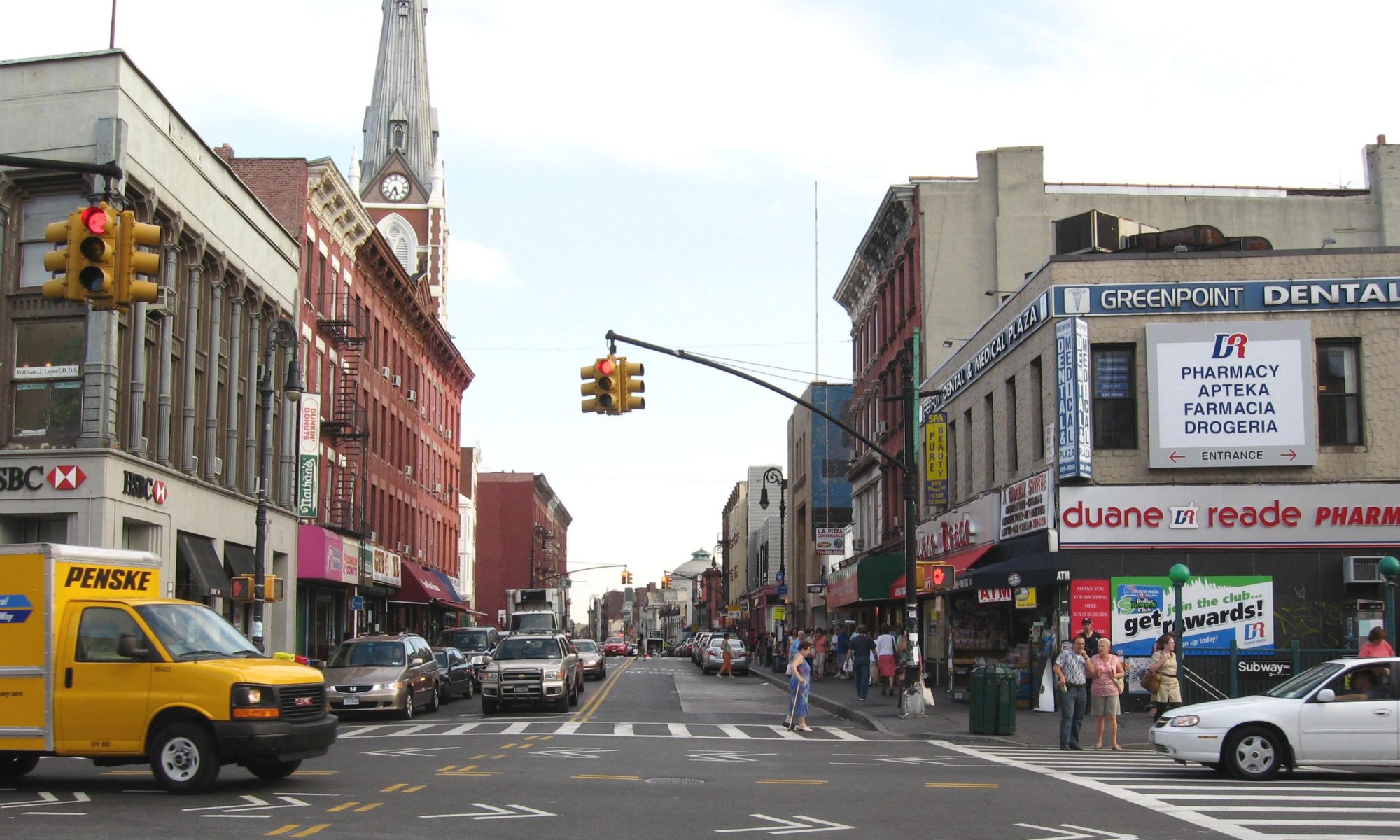
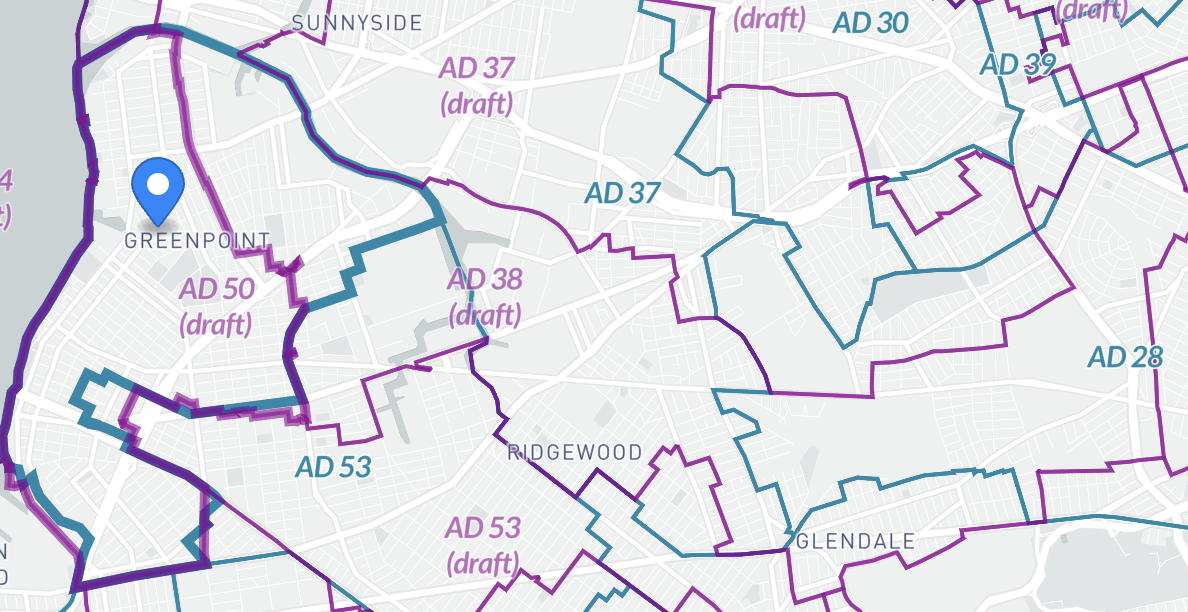
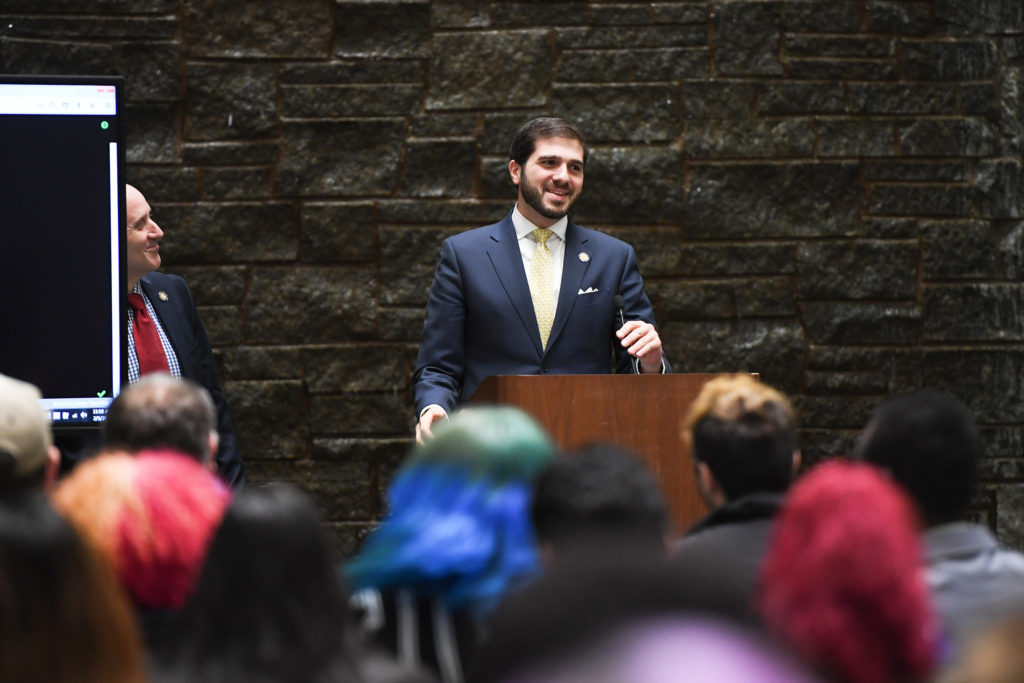


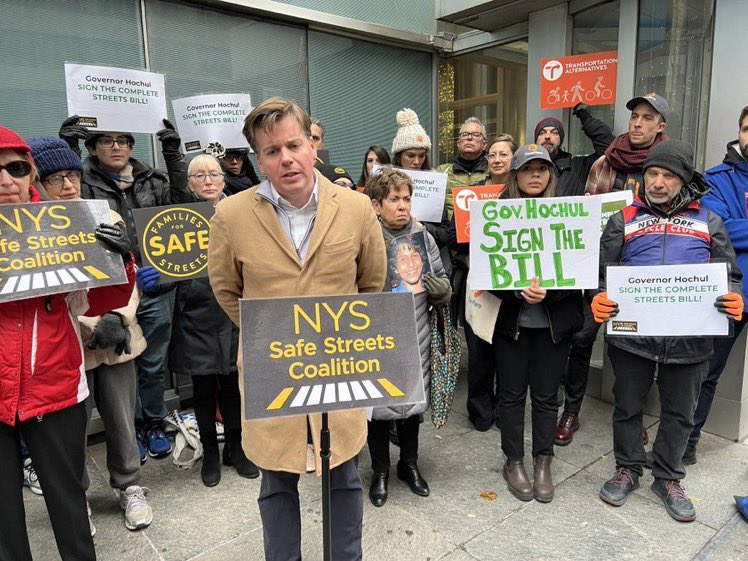
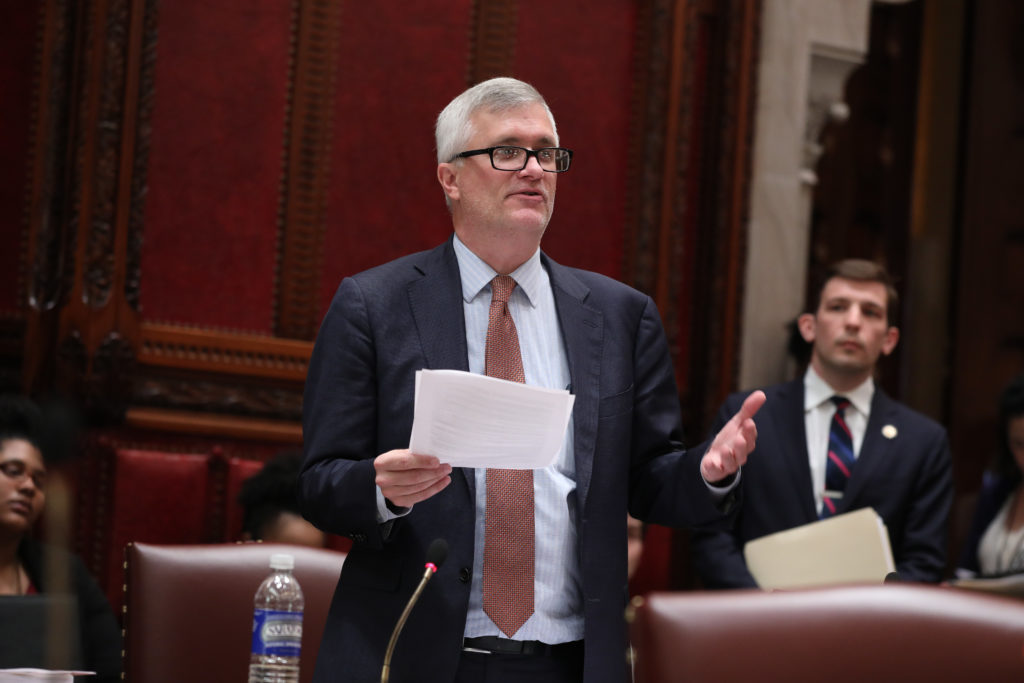

/cdn.vox-cdn.com/uploads/chorus_asset/file/24312115/Catsimatidis_2.jpg)
/cdn.vox-cdn.com/uploads/chorus_asset/file/24312086/Catsimatidis_1.jpg)